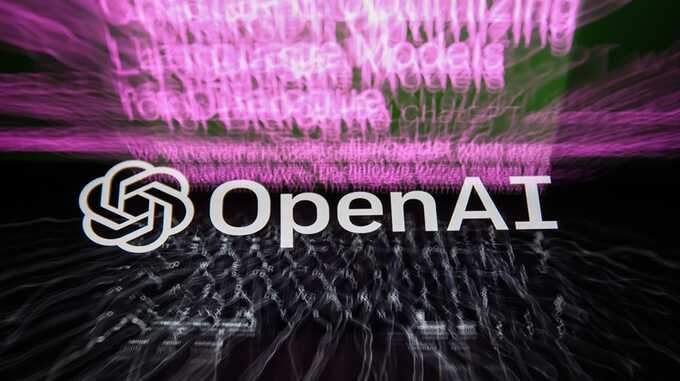OpenAI tests new search engine called SearchGPT amid AI arms race
Prototype, initially launching with select publishers and users, set to challenge Google’s dominance of online search
OpenAI is testing a new search engine that uses generative artificial intelligence to produce results, raising the prospect of a significant challenge to Google’s dominance of the online search market.
SearchGPT will launch with a small group of users and publishers before a potential wider rollout, the company announced on Thursday. OpenAI ultimately intends to incorporate the search features into ChatGPT, rather offer a standalone product.
OpenAI said SearchGPT is a temporary prototype that will combine the company’s AI models, such as ChatGPT, with the ability to search the internet. It will respond conversationally to searches, while providing up-to-date information with “clear links to relevant sources”.
The search feature positions the company as a direct competitor to major search engines, most notably Google but also Bing, a product of OpenAI’s biggest investor Microsoft.
Integrating generative AI into search engines has become something of an arms race among tech companies, even as AI has a track record of producing inaccurate results and posing copyright concerns.
“Getting answers on the web can take a lot of effort, often requiring multiple attempts to get relevant results,” OpenAI said in a blogpost which hailed “a new way” to search. “We believe that by enhancing the conversational capabilities of our models with real-time information from the web, finding what you’re looking for can be faster and easier.”
Depending on how SearchGPT presents and cites the sources of its information, it risks intensifying a pushback from publishers on how OpenAI uses their content.
Multiple news outlets and media organizations, including the New York Times, the Chicago Tribune, the Intercept and a host of local papers, have taken legal action against the company in recent months over alleged copyright violations. They argue that OpenAI illegally trained its AI models on their published work without consent or compensation, profiting off of protected material and in effect plagiarizing their work.
OpenAI has rejected the contention that its use of copyrighted data in training products like ChatGPT was illegal, instead arguing that its services create something new and fall under the doctrine of “fair use”.
Other companies’ forays into AI-generated search have also resulted in backlash from users and publishers. Google recently launched its own AI-enabled search feature, called AI Overviews, that summarizes content from search results without requiring users to click through to other websites.
Although Google touted the feature’s success in an earnings call this week, its rollout was met with criticism from publishers and creators concerned that AI Overviews sap traffic and advertising revenue away from their sites.
Another prominent AI-powered search engine, Perplexity, can produce results that are nearly identical to text from the news articles it uses as sources. Multiple publishers have sent Perplexity legal threats and demanded the search engine cease using their content in results.
OpenAI said it was partnering with publishers for SearchGPT, and offering them options about how their content appears within its results, as well as seeking to ensure it promotes trusted sources.
The company’s press release included statements from the CEO of the Atlantic and the chief executive of News Corp, both of whom struck reportedly lucrative content deals with OpenAI, praising AI-enabled search as the future of the internet.
OpenAI’s possible shake-up to the online search industry comes as Google faces a looming court decision in a landmark antitrust lawsuit brought by US Department of Justice. The suit alleged that the tech giant illegally monopolized the internet search industry through multibillion-dollar deals with companies such as Apple and Samsung to make it the default browser on their devices.
Read more similar news:
Comments:
comments powered by Disqus


































